Events Archive
Event Archive
Agora Fellows: Debate - The Politics of Academia
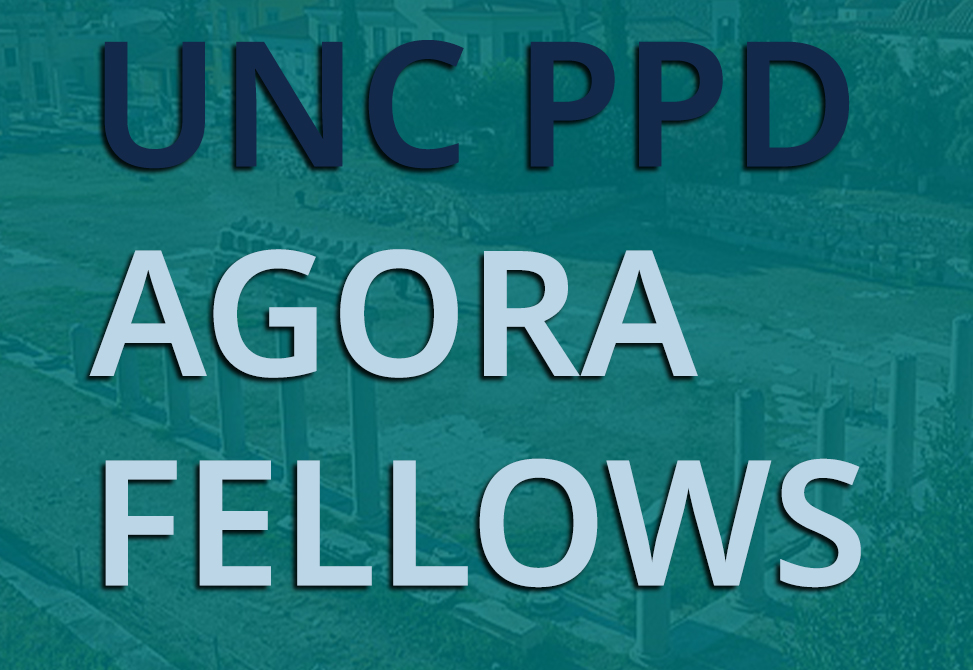
The Agora Fellows meet bi-weekly on Thursday evenings, 7:00 - 8:30 pm in Bynum 336.
Debating Public Policy Series: Voting Reform - An Agonistic Dialogue
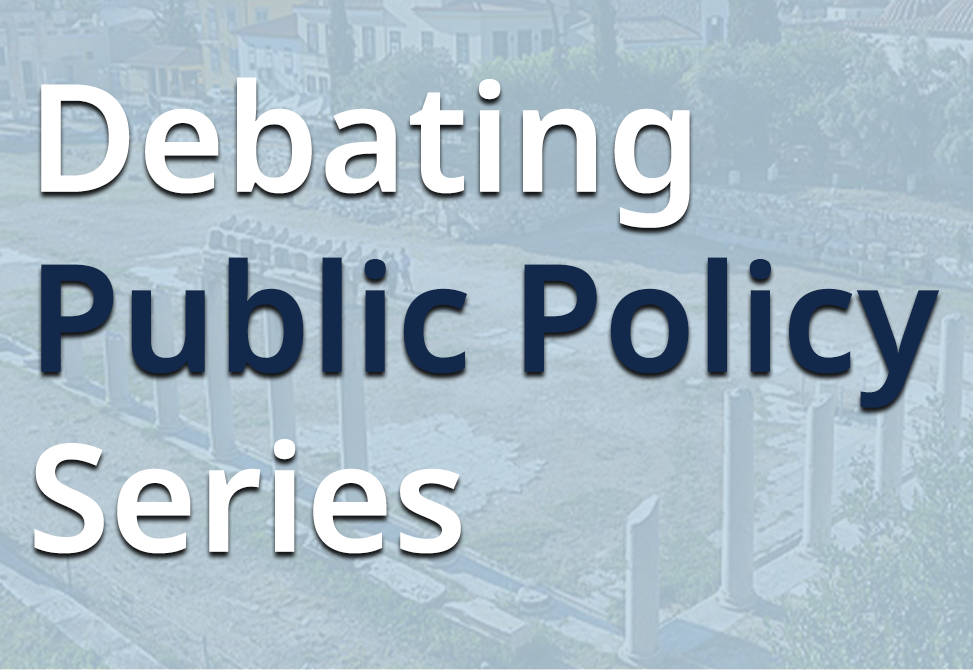
Watch this event
Across the volatile landscape of American politics today, perhaps few issues remain more polarizing than voting reform. For this Debating Public Policy Series event, the UNC Program for Public Discourse hosts an agonistic dialogue on the topic Monday, November 8, at 8:00 p.m. on Zoom. The dialogue features UNC Political Science Professor Jason Roberts and Republican strategist and UNC alumnus Douglas Heye '94, who will share their competing perspectives on the contentious issue. The dialogue is moderated by Rick Su, Professor of Law at UNC.As always, we also invite audience questions to help round out what promises to be a robust discussion.
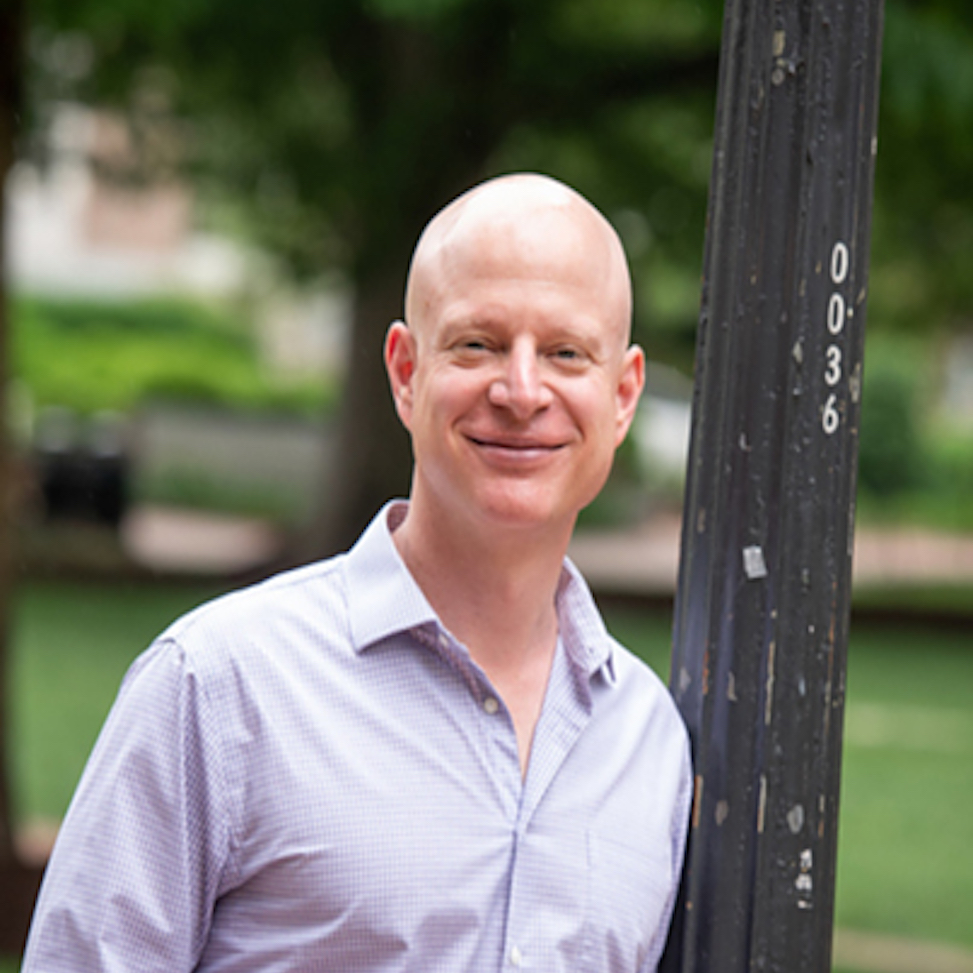
Jason Roberts is a Professor in the UNC Department of Political Science specializing in American political institutions, with an emphasis on the U.S. Congress. He earned his B.S. in Political Science from the University of North Alabama (1998), his M.A. in Political Science from Purdue University (2000), and his Ph.D. from Washington University in St. Louis (2005). Before joining the faculty at UNC, Professor Roberts was an assistant professor of Political Science and Law at the University of Minnesota. His research interests include parties and procedures in the U.S. Congress and congressional elections. Professor Roberts’ work has appeared in numerous journals, including the American Journal on Political Science and Legislative Studies Quarterly. He is currently working on a project that explores the role of ballot type on the competitiveness of congressional elections in the United States.
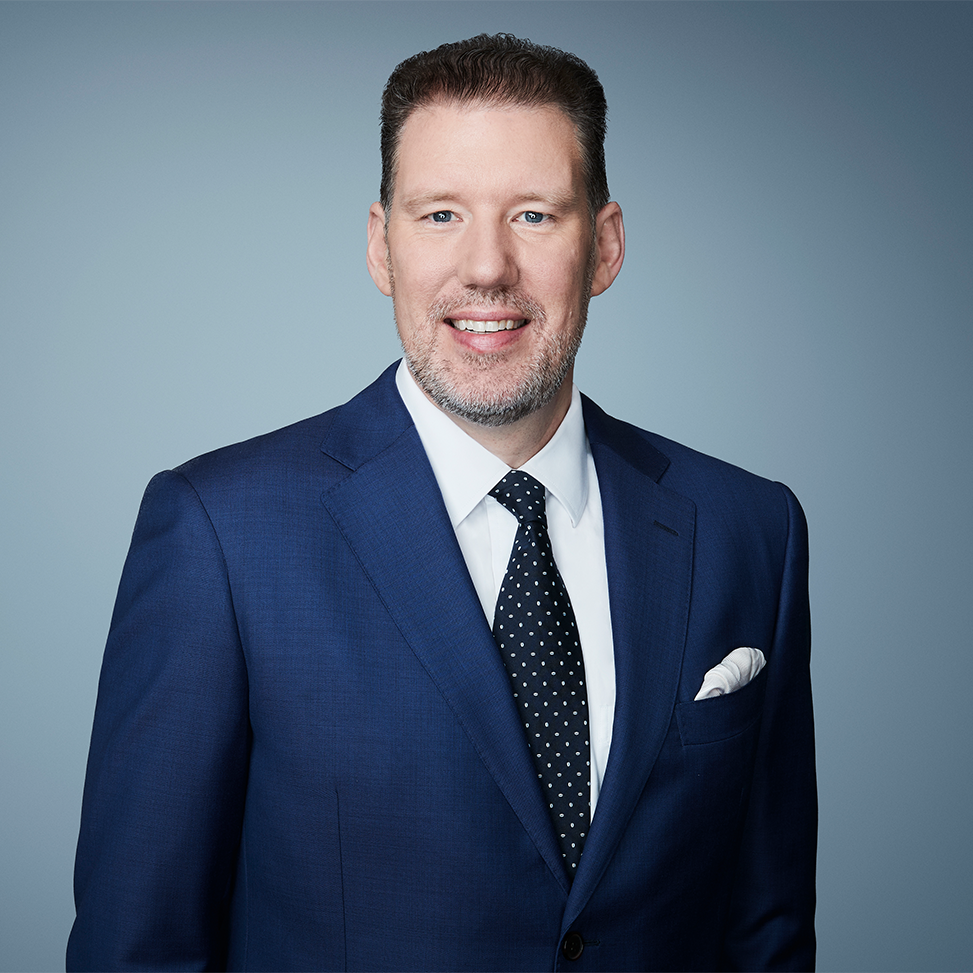
Douglas Heye is a former Fellow at the Harvard Kennedy School’s Institute of Politics and has served in leading communications positions in the House of Representatives, the United States Senate, the Republican National Committee, and the George W. Bush Administration. Heye also previously served as Deputy Chief of Staff for Communications for House Majority Leader Eric Cantor, garnering bi-partisan praise for his team-building, communications, and strategic planning abilities. He has written for a number of publications, including U.S. News & World Report, POLITICO, The Hill, and Capitol File magazine. Heye graduated from the University of North Carolina at Chapel Hill in 1994.
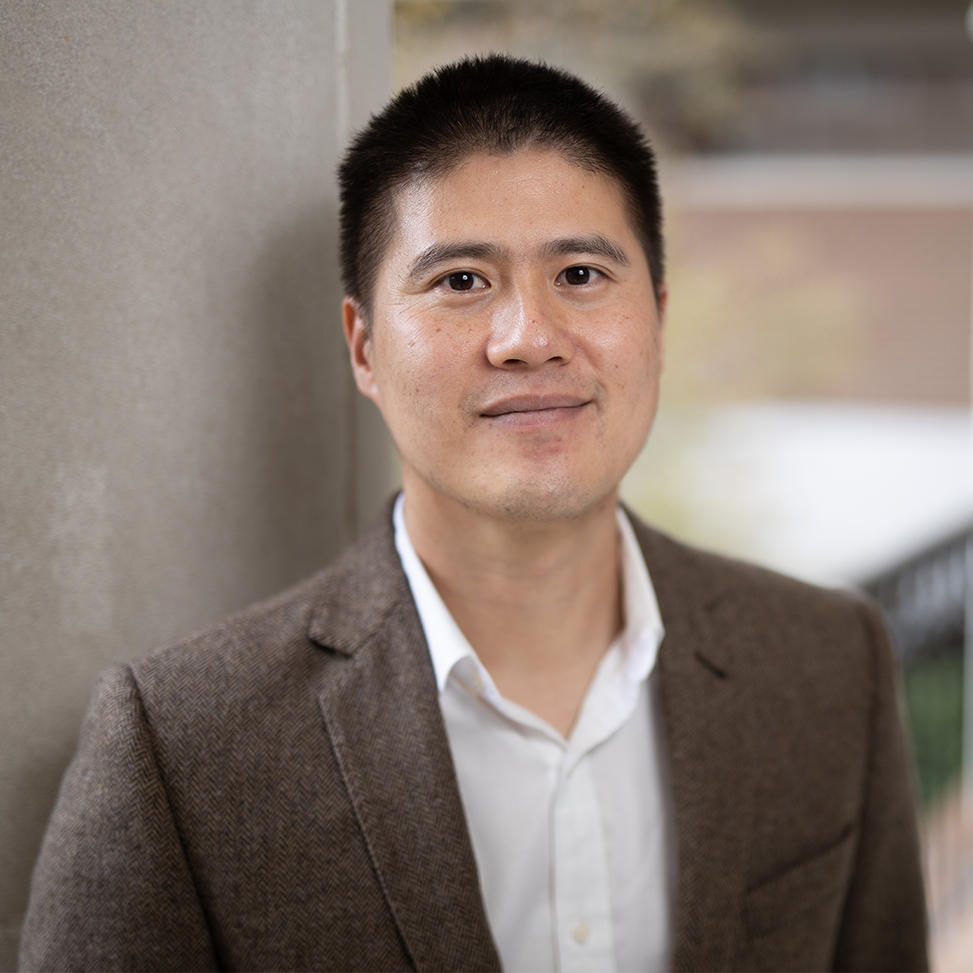
Event Moderator
Rick Su is a Professor of Law at the UNC-CH School of Law, where he teaches and writes in the areas of local government law, immigration, and federalism. His research focuses on the intersection between cities and immigration. His work has appeared in the Columbia Law Review, the William & Mary Law Review, the Emory Law Journal, and the North Carolina Law Review. Professor Su received his B.A. from Dartmouth College in 2001 and his J.D. from Harvard Law School in 2004. After graduating from law school, he clerked for The Honorable Stephen Reinhardt on the Ninth Circuit Court of Appeals and worked in the U.S. Department of Housing and Urban Development. Before joining the Carolina Law faculty in 2019, Professor Su taught at the University at Buffalo School of Law and was a Visiting Professor at Harvard Law School in 2015 and Washington University in St. Louis School of Law in 2018.
Date: November 8, 2021
Times: 08:00 pm – 09:00 pm
Audience: Public Event
Venue: Zoom
Abbey Speaker Series: Bridging the Rural-Urban Divide
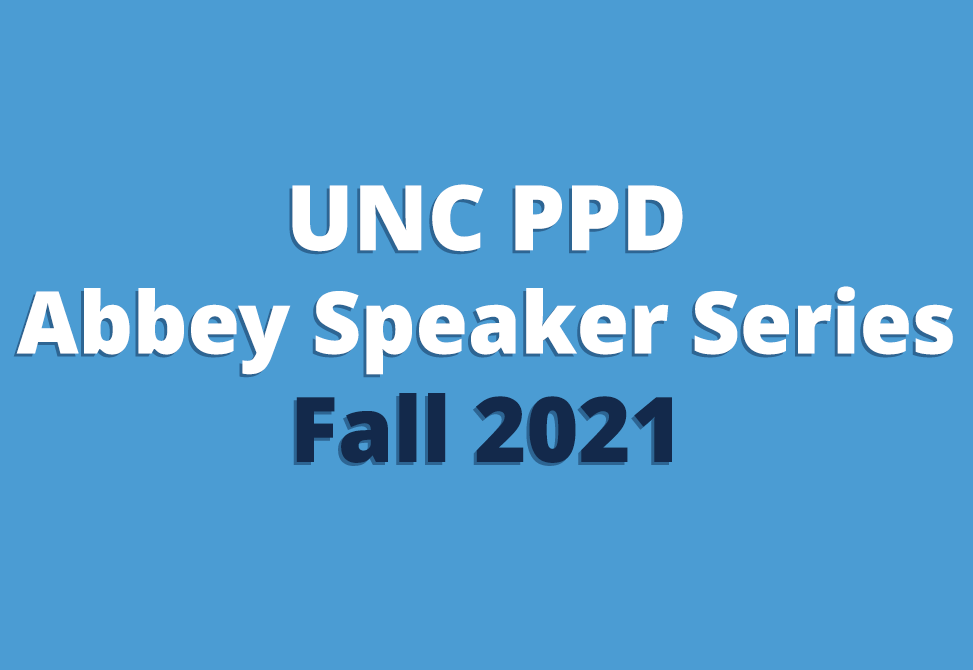
Watch this event
Discussions of contemporary America often focus on the perceived differences between rural and urban residents. Are the lives and interests of rural and urban Americans really all that different? How can city-dwellers, suburbanites, and rural residents better understand each other?For this Abbey Speaker Series event, and as part of this year's Public Discourse and Democracy theme, the UNC Program for Public Discourse convenes a panel of experts to discuss how citizens can better understand and bridge the rural-urban divide.
This hybrid event will be held on November 4th, from 5:30 - 7:00 pm in the Nelson Mandela Auditorium, in the Florence and James Peacock Atrium of the FedEx Center for Global Education.
This event is co-sponsored by the Arete Initiative, part of the Kenan Institute for Ethics at Duke University.
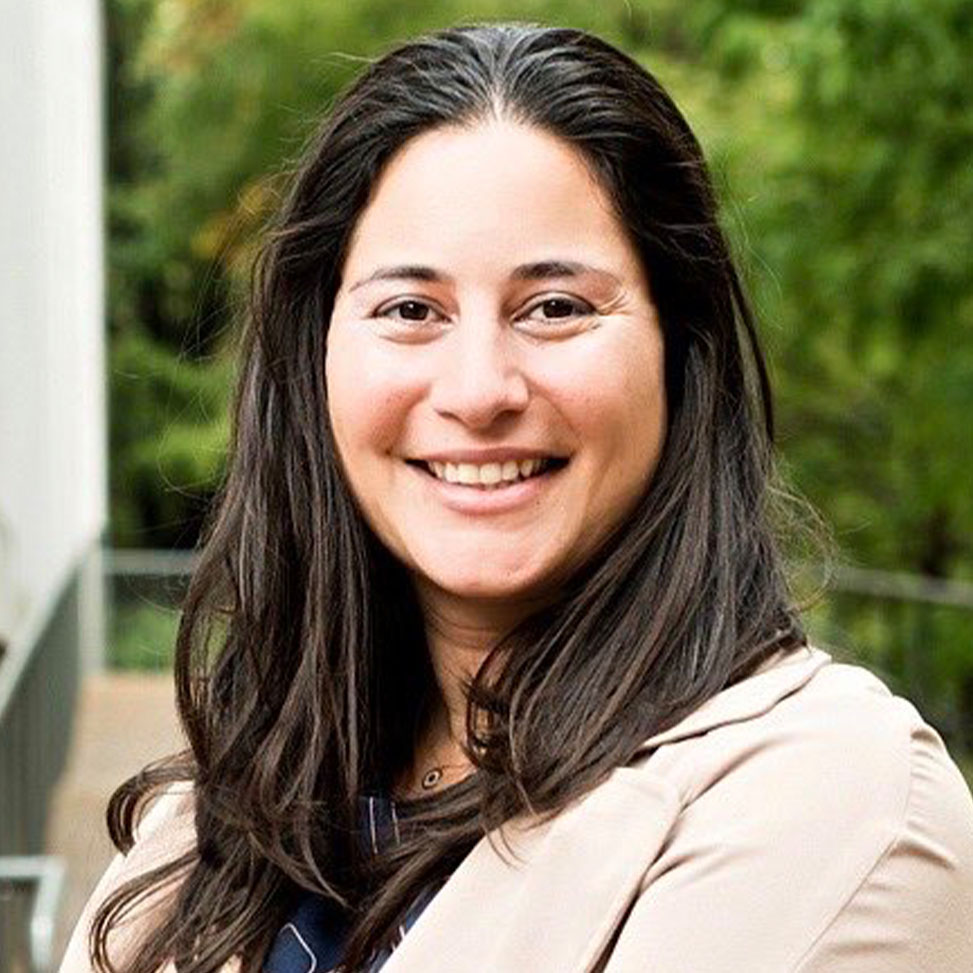
Samar Ali is Co-Chair of the Project on Unity & American Democracy and a Research Professor of Law and Political Science at Vanderbilt University, where she works at the intersection of national security, economic development, and human rights. Originally from the small town of Waverly, Tennessee, Ali credits her experience growing up there with teaching her how to connect with humanity and understand the responsibility that comes with being part of a lifelong community. After serving as a White House Fellow for the Obama administration, Ali returned to Tennessee and joined the administration of Republican Gov. Bill Haslam, where she worked as the assistant commissioner of international affairs. Ali's current research focuses on how to achieve positive compromise through promoting conflict-resolution best practices among people, communities, and nations experiencing polarization.
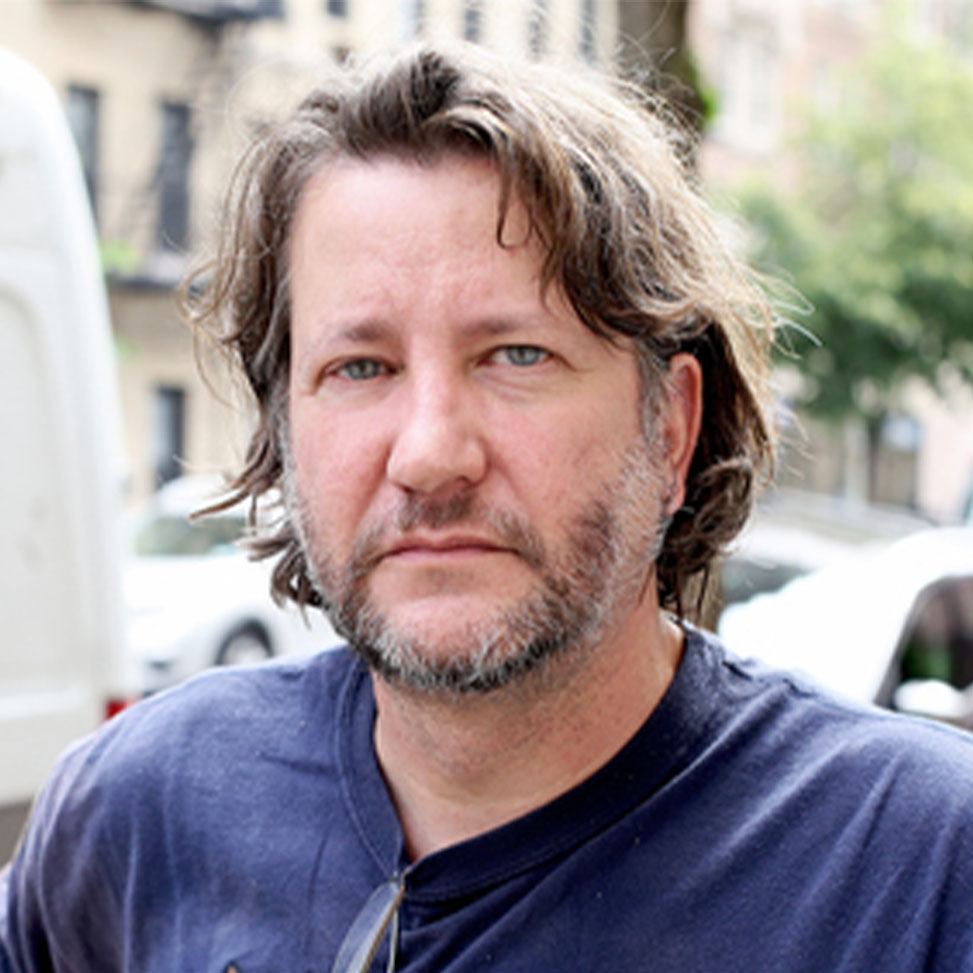
Chris Arnade is a writer and photographer who covers addiction and poverty in the United States of America. After receiving a PhD in Physics from Johns Hopkins University, Arnade worked on Wall Street for twenty years before exiting the industry in 2012 to begin documenting addiction in the Bronx. Since then, his work has appeared in numerous publications, including The Guardian, The New York Times, and others. His most recent book, Dignity: Seeking Respect in Back Row America, explores poverty and addiction throughout the United States and the divide between the country’s upwardly mobile “Front Row” and those lacking the necessary credentials and advantages.
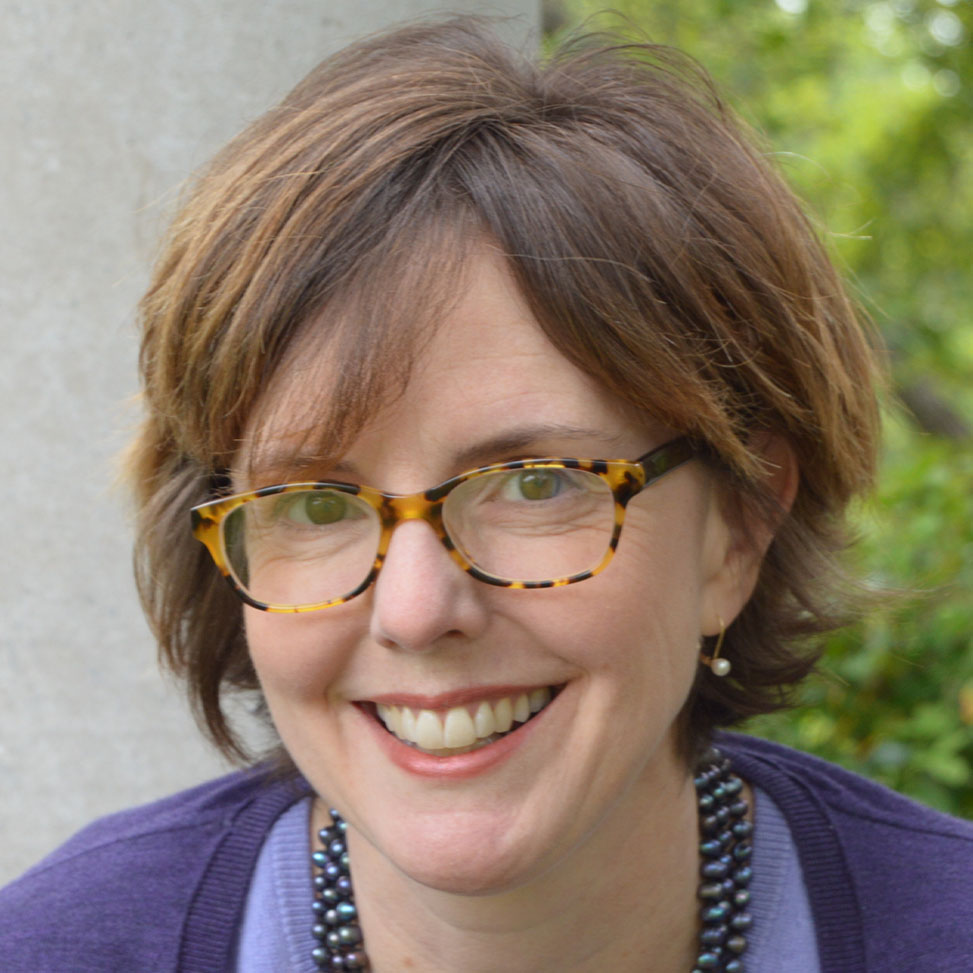
Elizabeth Corey is the Honors Program Director and Associate Professor of Political Science in the Honors Program at Baylor University, where she teaches courses on political science and great texts in the university’s Interdisciplinary Core. Her writing concerns what it means to be a traditionalist in a progressive society and has appeared in a broad range of publications, including First Things, National Affairs, and The Wall Street Journal. Her recent writings for Law & Liberty deal with the meaning of civility - and its necessity - in times of political polarization.
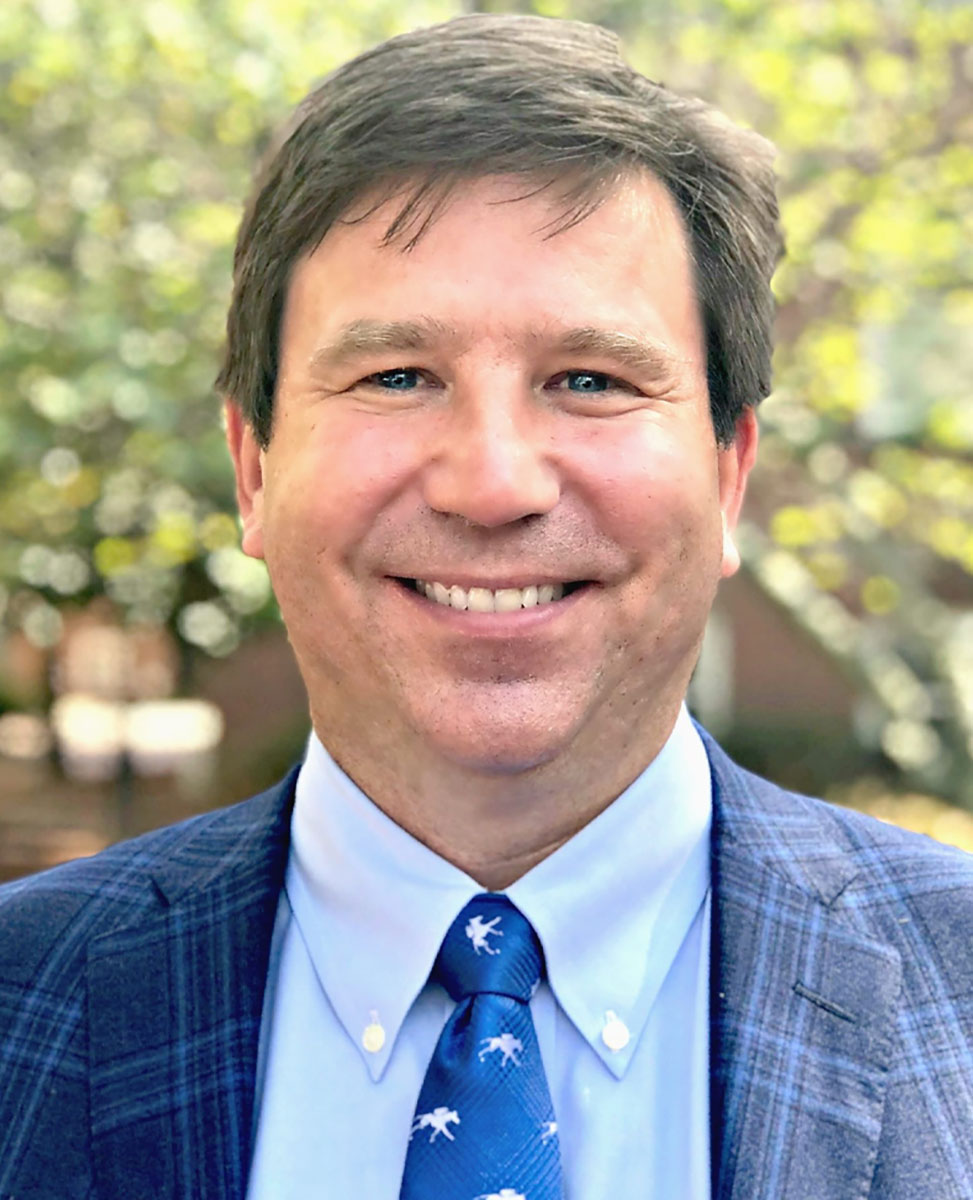
Event Moderator
Marc Hetherington is the Raymond H. Dawson Distinguished Bicentennial Professor of Political Science at the University of North Carolina at Chapel Hill. His focus is on the American electorate and the polarization of public opinion. Previously, he taught at the Paris Institute of Political Studies, Vanderbilt University, and Bowdoin College. Hetherington has published several books and over a dozen articles in academic journals. His most recent book, Prius Or Pickup? How the Answers to Four Simple Questions Explain America’s Great Divide, co-written with fellow UNC faculty member Dr. Jonathan Weiler, explores the psychological aspects of the United States’ deadlocked politics.
Date: November 4, 2021
Times: 05:30 pm – 07:00 pm
Audience: Public Event
Venue:
Agora Fellows: Discourse - The Politics of Academia

Our undergraduate Agora Fellows meet for discourse on the state of politics in academia.
The Agora Fellows meet bi-weekly on Thursday evenings, 7:00 - 8:30 pm in Bynum 336.
Undergraduate students can inquire about becoming an Agora Fellow here.
The Agora Fellows meet bi-weekly on Thursday evenings, 7:00 - 8:30 pm in Bynum 336.
Undergraduate students can inquire about becoming an Agora Fellow here.
Agora Fellows: Reading Reflection

The Agora Fellows meet to discuss Parts I-V of Danielle Allen's Our Declaration: A Reading of the Declaration of Independence in Defense of Equality.
The Agora Fellows meet bi-weekly on Thursday evenings, 7:00 - 8:30 pm in Bynum 336.
Undergraduate students can inquire about becoming an Agora Fellow here.
The Agora Fellows meet bi-weekly on Thursday evenings, 7:00 - 8:30 pm in Bynum 336.
Undergraduate students can inquire about becoming an Agora Fellow here.
Abbey Speaker Series: Social Media and Democracy - Helping or Hurting?

Watch this event
Is social media helpful or harmful to democracy? Especially after the Arab Spring, social media was hailed as a means of democratizing information and holding leaders accountable. More recently, however, social media has been depicted as a threat to democracy due to the ways in which online platforms appear to fuel polarization, limit and regulate speech, and accelerate the spread of disinformation and conspiracies.For this Abbey Speaker Series event, and as part of our Democracy and Public Discourse theme, the UNC Program for Public Discourse brings together thought leaders from academia and the tech sector to discuss whether social media can promote - or at least co-exist with - democracy.
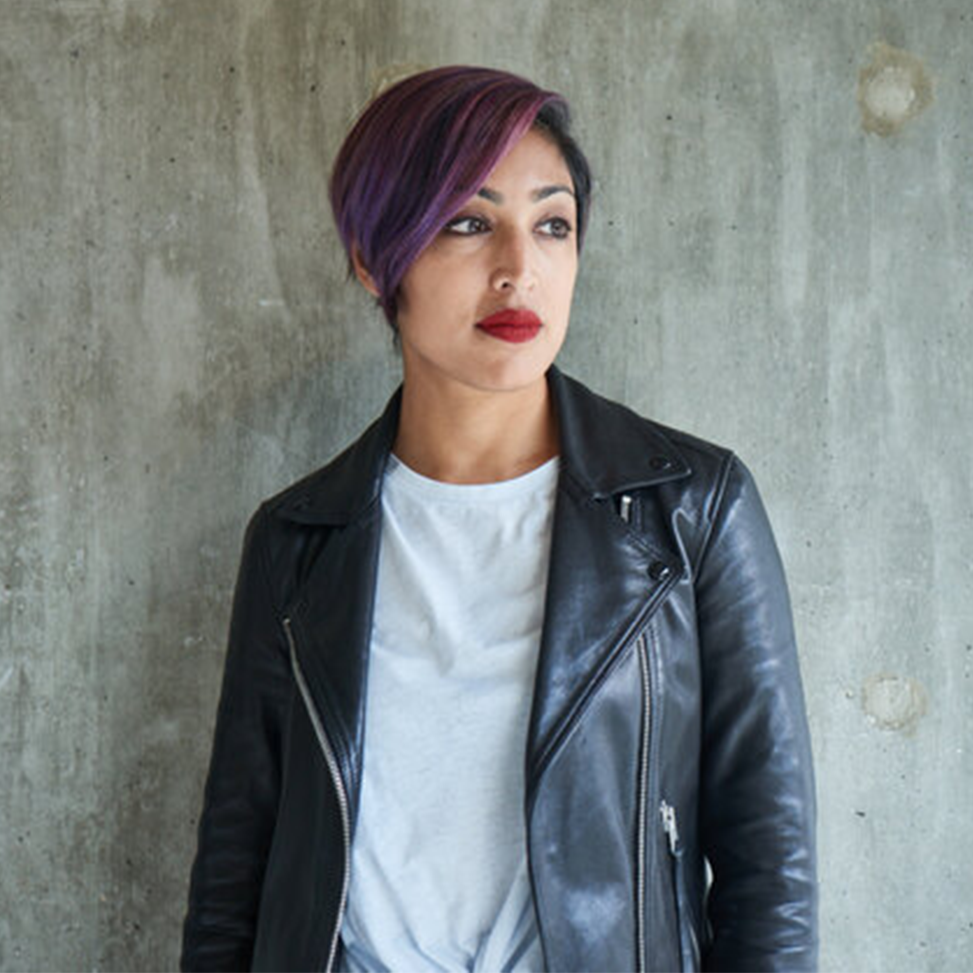
Rumman Chowdhury is the director of Twitter’s Machine Learning Ethics, Transparency & Accountability (META) team. Dr. Chowdhury works at the intersection of artificial intelligence and humanity, pioneering research in applied algorithmic ethics to learn how to use data to understand bias and evaluate technology’s impact on humanity. Dr. Chowdhury joined Twitter after founding and serving as CEO of Parity AI, an enterprise algorithmic audit platform developed to bridge the gap between corporations and data scientists. Dr. Chowdhury holds two undergraduate degrees from MIT, a master's degree in Quantitative Methods of the Social Sciences from Columbia University, and a doctorate in political science from the University of California, San Diego.
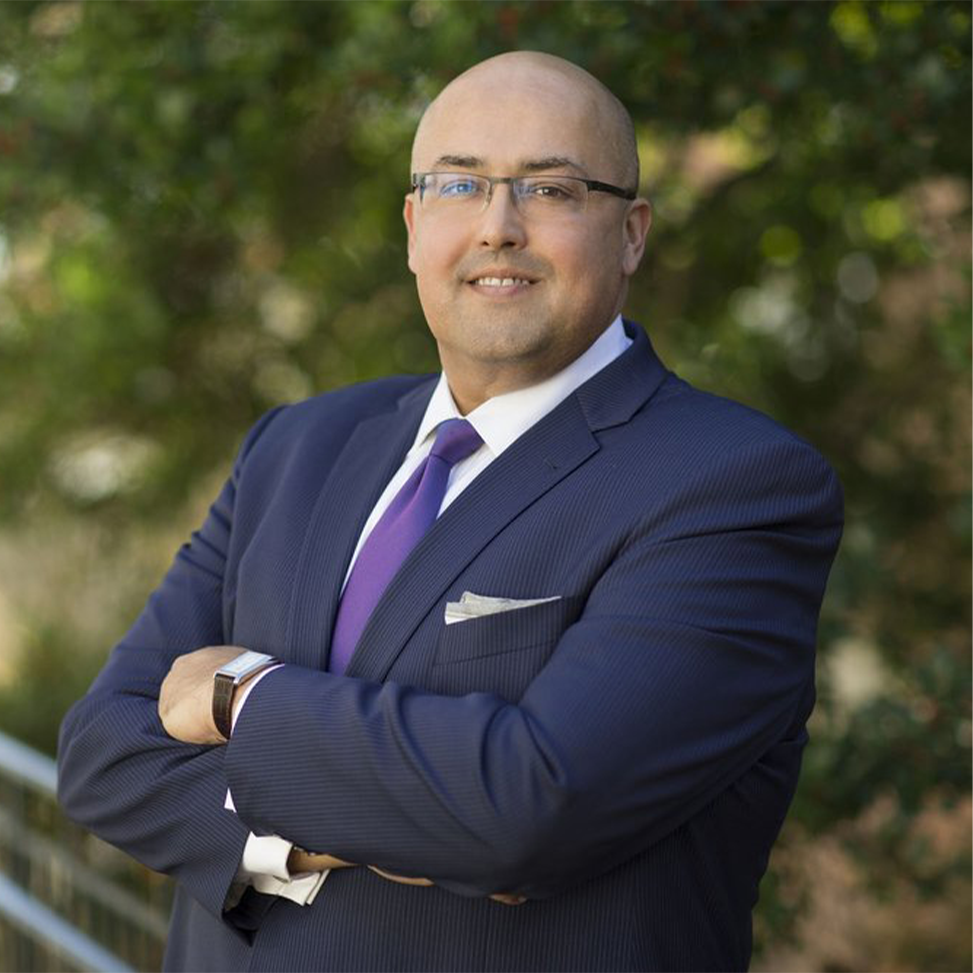
Siva Vaidhyanathan is the Robertson Professor of Media Studies and director of the Center for Media and Citizenship at the University of Virginia. Professor Vaidhyanathan is a cultural historian and media scholar and a permanent columnist at The Guardian and Slate. He has also contributed to numerous other publications, including The Chronicle of Higher Education, New York Times Magazine, The Nation, and The Baffler. Professor Vaidhyanathan’s most recent book, Antisocial Media: How Facebook Disconnects Us and Undermines Democracy, provides a comprehensive account of the effects Facebook has had on the world, explains how social media undermines progress and thought, and offers proposals to address the problems it poses to our society.
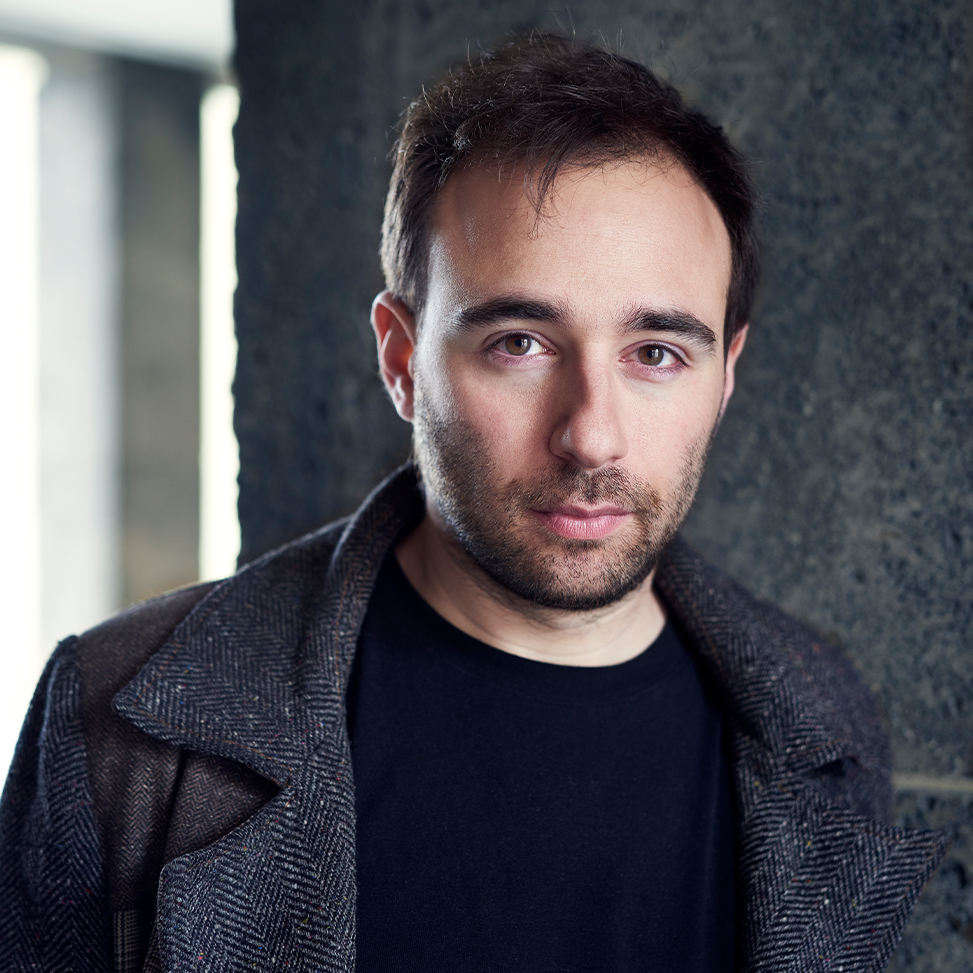
Event Moderator
Yascha Mounk is an associate professor of the practice of international affairs at Johns Hopkins University, where he holds a joint appointment in the School of Advanced International Studies and the Agora Institute. His work concerns the rise of populism and the crises facing liberal democracy, and he is a senior fellow at the Council on Foreign Relations. Mounk is a contributing editor at The Atlantic and founder of the online publication Persuasion. His writing has appeared in numerous other publications, including Die Zeit, Foreign Affairs, and The Wall Street Journal. Mounk's most recent book, The People Vs. Democracy, argues that the core components of liberal democracy - individual rights and the popular will - are at war with each other and that trust in politics is dwindling worldwide.
Date: October 6, 2021
Times: 05:30 pm – 07:00 pm
Audience: Public Event
Venue: Online
Agora Fellows: Debate - Are reparations morally just?

Our undergraduate Agora Fellows meet to debate whether, to whom, and with whose money the federal government should pay reparations.
The Agora Fellows meet bi-weekly on Thursday evenings, 7:00 - 8:30 pm in Bynum 336.
Undergraduate students can inquire about becoming an Agora Fellow here.
The Agora Fellows meet bi-weekly on Thursday evenings, 7:00 - 8:30 pm in Bynum 336.
Undergraduate students can inquire about becoming an Agora Fellow here.
Agora Fellows: Discourse - The role of social media in politics and society

Our undergraduate Agora Fellows meet to deliberate on the proliferation of social media and its social and political consequences.
The Agora Fellows meet bi-weekly on Thursday evenings, 7:00 - 8:30 pm in Bynum 336.
Undergraduate students can inquire about becoming an Agora Fellow here.
The Agora Fellows meet bi-weekly on Thursday evenings, 7:00 - 8:30 pm in Bynum 336.
Undergraduate students can inquire about becoming an Agora Fellow here.
Democracy and Public Discourse
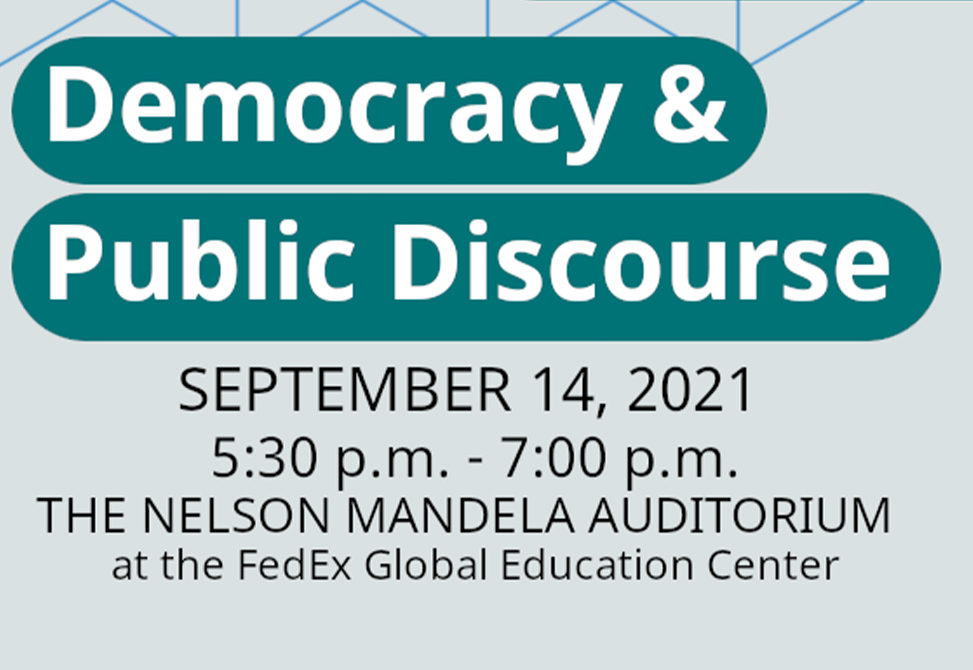
Watch this event
Due to an audio issue with the recording of this event, we've made a full transcript available here.When it comes to politics, public discourse has become a shouting match, and Americans seem to talk past one another. Is the anger and polarization a sign of failing democracy, or just the way politics has to be? What do we learn by taking a closer look at the role of history, social psychology, public opinion, and media technology in this political moment? Join our interdisciplinary faculty panel to hear how research happening at UNC can help us understand democracy and discourse—and, maybe, give us some cause for hope.
This event is co-sponsored by Carolina Public Humanities and the General Alumni Association.
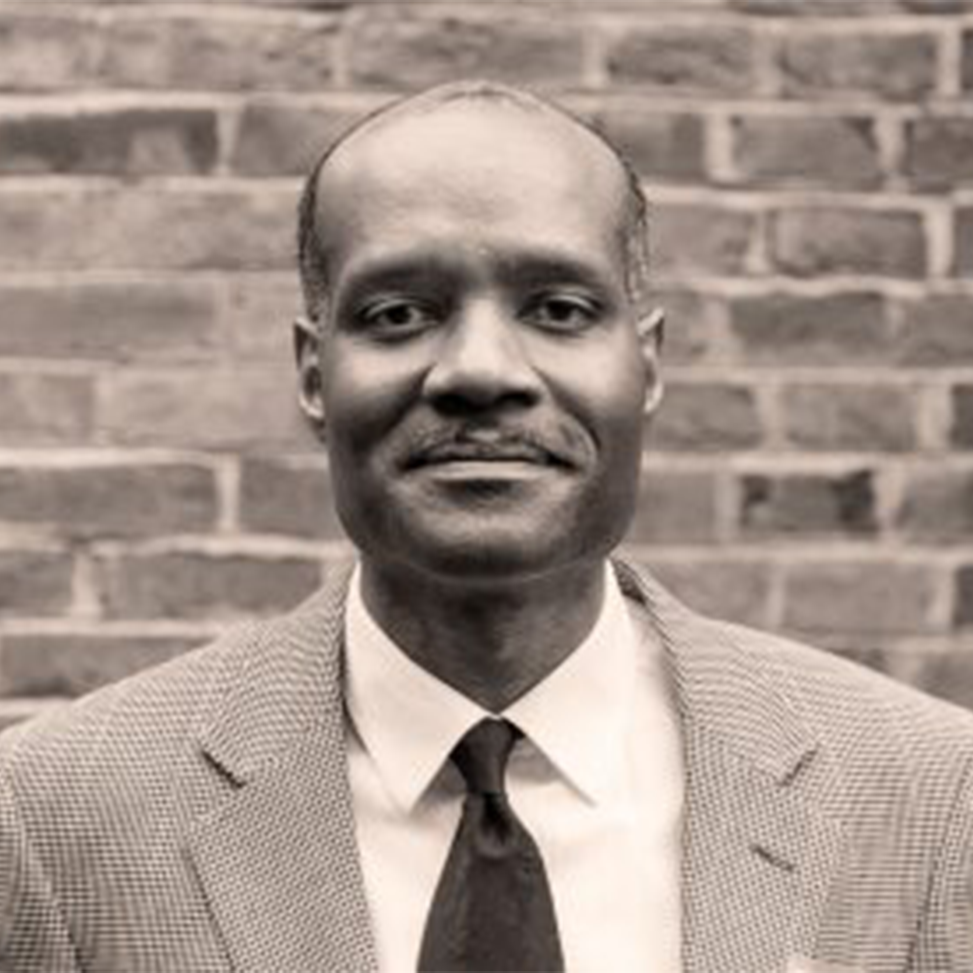
Claude Clegg is the Lyle V. Jones Distinguished Professor, with a joint appointment in the Departments of African, African American, and Diaspora Studies and History. Professor Clegg’s work focuses on the African diaspora of the Atlantic world, exploring the ways in which people of African descent have created and imagined communities and identities outside Africa. He teaches courses in African American history and U.S. history, with particular emphasis on the themes of migration, diaspora, nationalism, and social mobilization. His forthcoming book, The Black President: Hope and Fury in the Age of Obama, examines the ways African Americans have experienced and interpreted the Obama presidency.
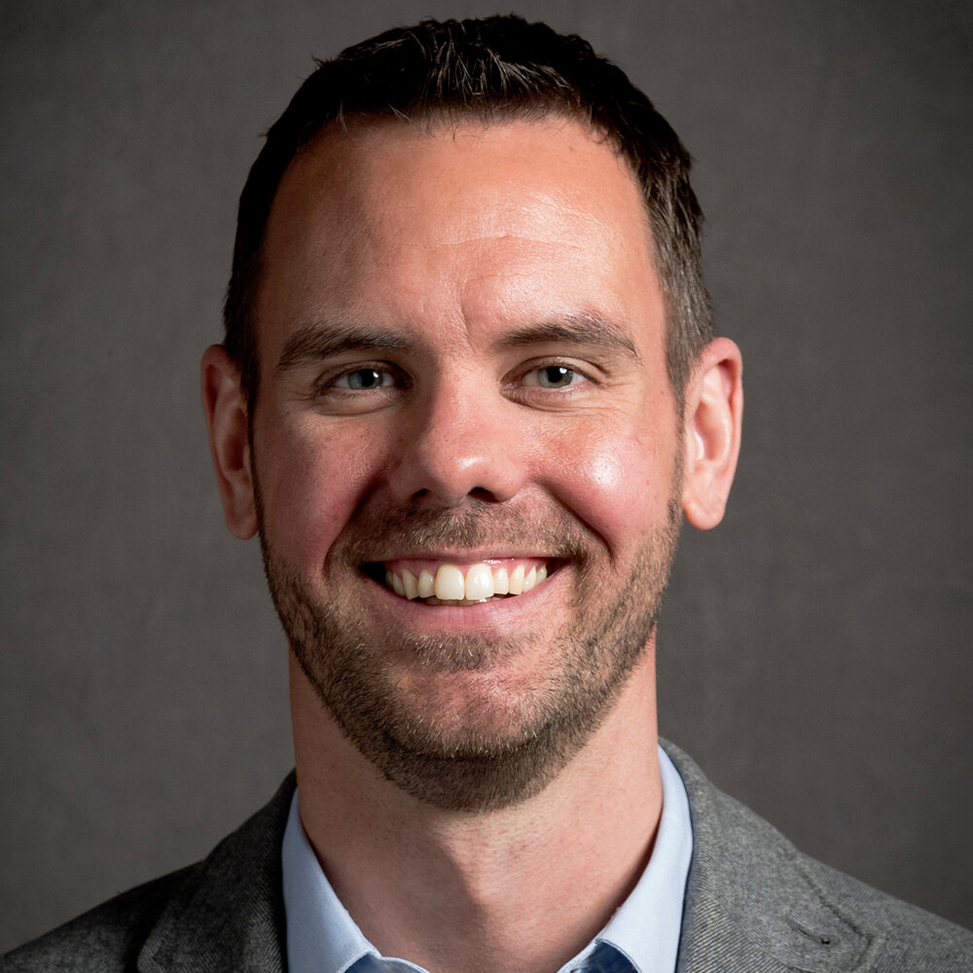
Kurt Gray is an Associate Professor in Psychology and Neuroscience and directs the Deepest Beliefs Lab and the Center for the Science of Moral Understanding. He is also an Adjunct Associate Professor in Organizational Behavior at the Kenan-Flagler Business School, where he teaches about organizational ethics and team processes. Professor Gray researches how we perceive the minds of others and make moral judgments. He is interested in how children learn to understand other minds, especially those different from themselves, such as animals, robots, and outgroup members. He is also interested in understanding the developmental roots of morality—in particular through the combination of innate socio-biological processes (e.g., empathic concern) with socialized norms.
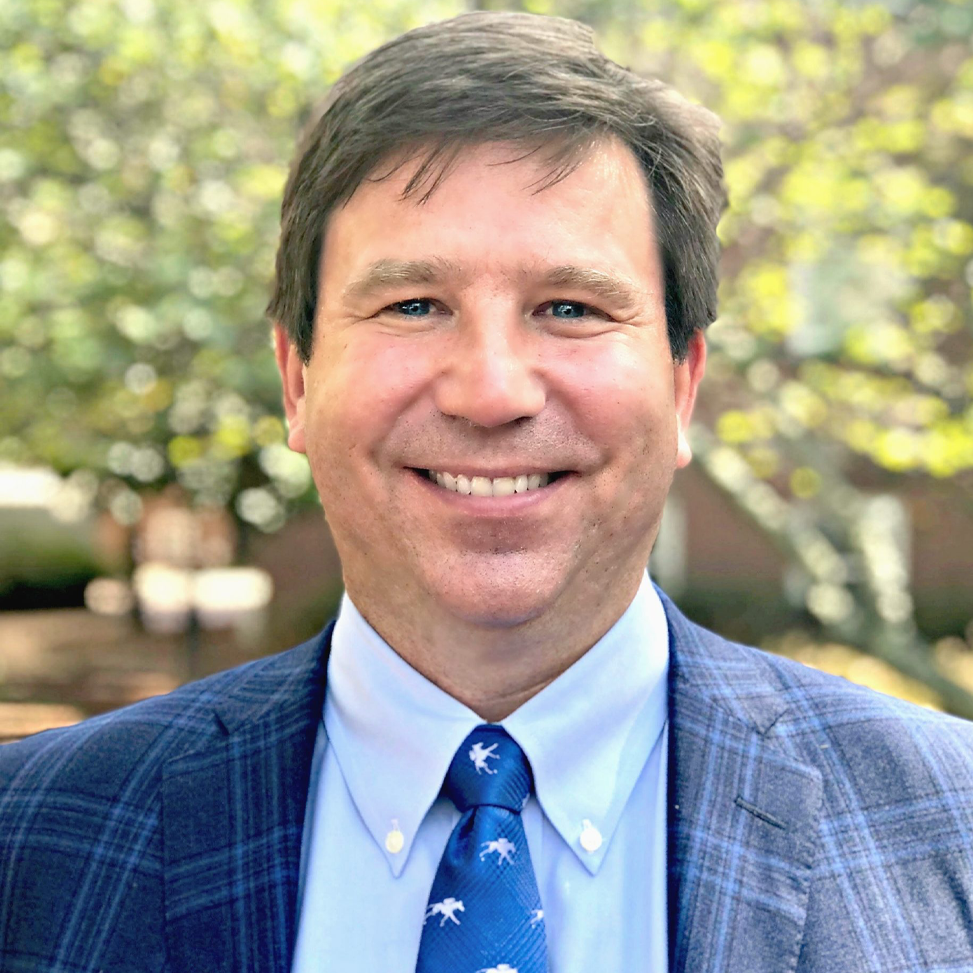
Marc Hetherington is the Raymond H. Dawson Distinguished Bicentennial Professor of Political Science. His focus is on the American electorate and the polarization of public opinion. Previously, he taught at the Paris Institute of Political Studies, Vanderbilt University, and Bowdoin College. Hetherington has published several books and over a dozen articles in academic journals. His most recent book, Prius Or Pickup? How the Answers to Four Simple Questions Explain America’s Great Divide, co-written with fellow UNC faculty member Dr. Jonathan Weiler, explores the psychological aspects of the United States’ deadlocked politics.
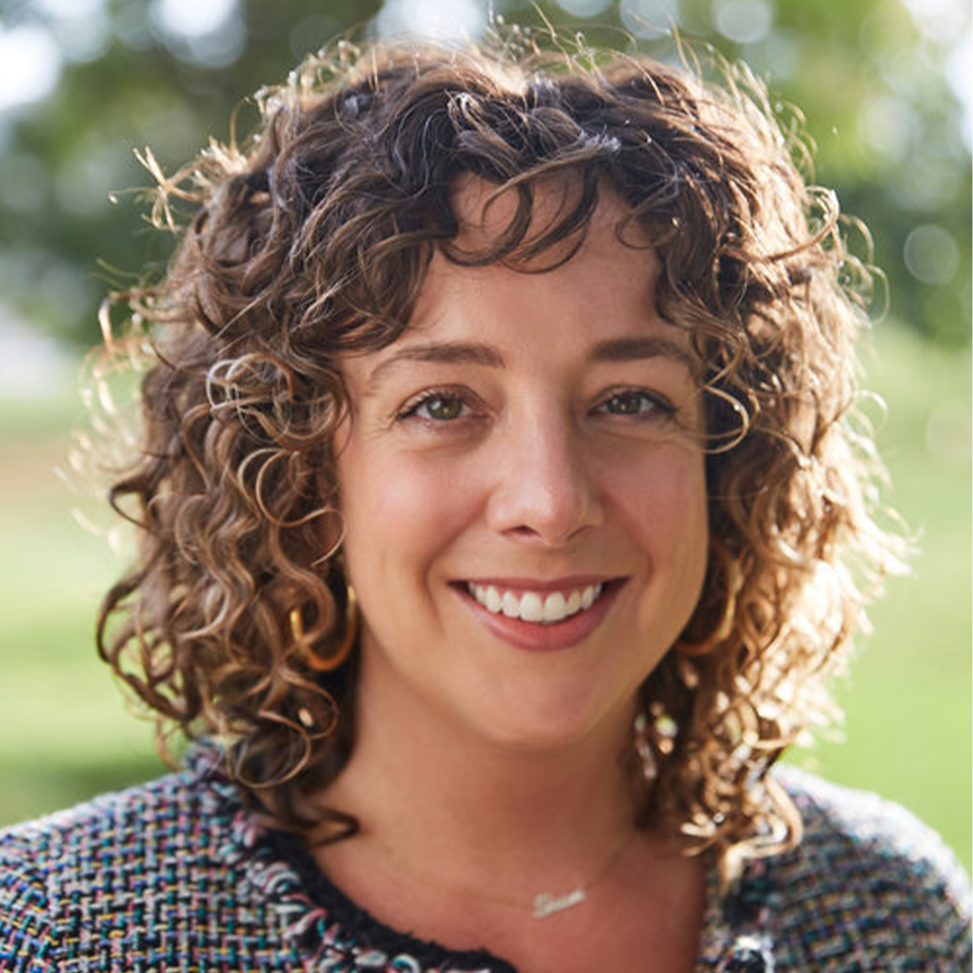
Shannon McGregor is an assistant professor at the Hussman School of Journalism and Media and a senior researcher with the Center for Information, Technology, and Public Life. Her research addresses the role of social media and data in political processes, with a focus on political communication, journalism, public opinion, and gender. Her published work examines how three groups – political actors, the press, and the public – use social media in regards to politics, how that social media use impacts their behavior, and how the policies and actions of social media companies, in turn, impacts political communication on their sites. Her work aims to bring insights about and new theories of emerging political communication in hybrid media and political systems.
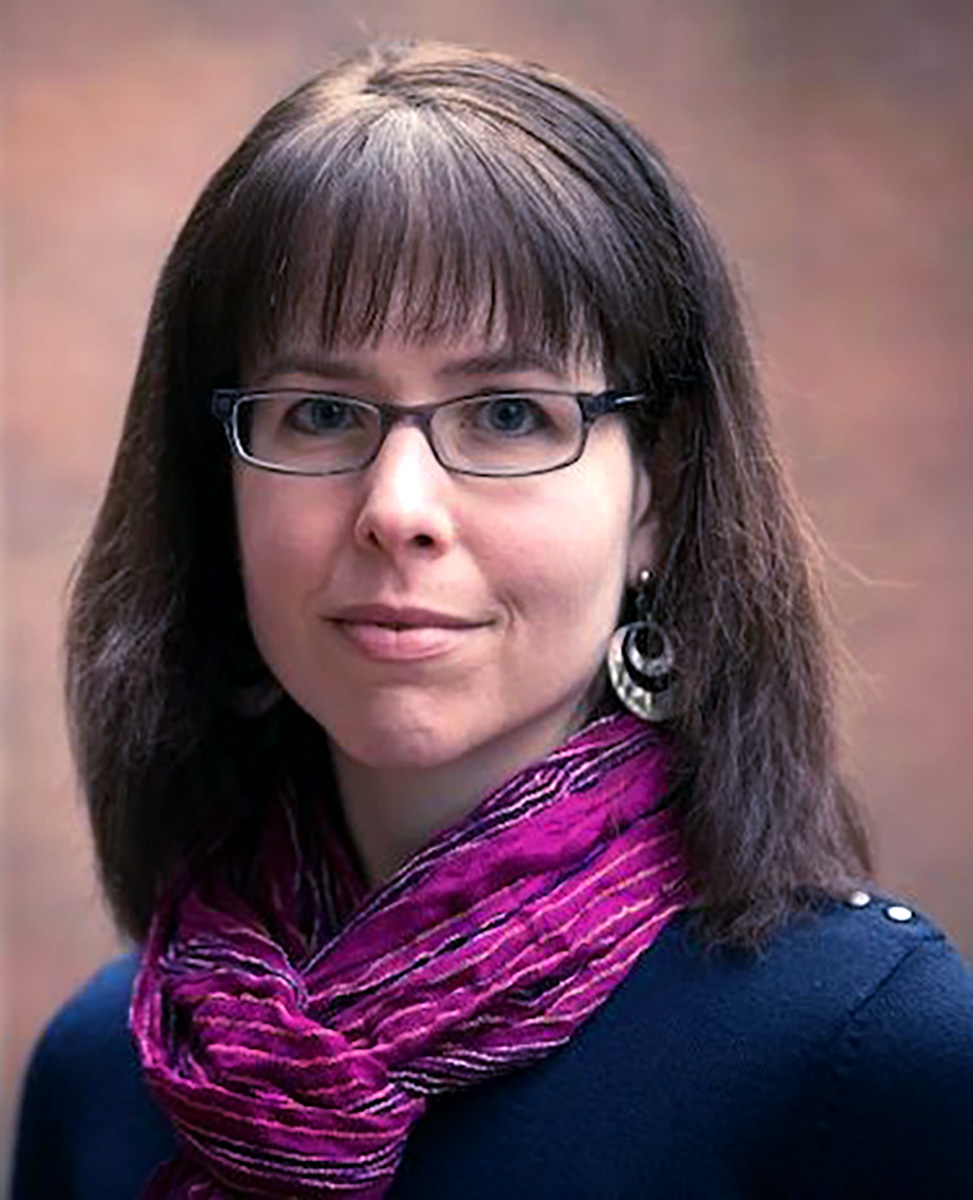
Event Moderator
Molly Worthen is an associate professor of history in the Department of History and a freelance journalist. Her research focuses on North American religious and intellectual history, and she teaches courses in global Christianity, North American religious and intellectual culture, and the history of politics and ideology. Her most recent book, Apostles of Reason, examines American evangelical intellectual life since 1945, especially the internal conflicts among different evangelical subcultures. Her current book project focuses on the history of charisma in America.
Date: September 14, 2021
Times: 05:30 pm – 07:00 pm
Audience: Public Event
Venue: Nelson Mandela Auditorium, FedEx Global Education Center; Online
First Friday: Democratic Discourse - Challenges and Opportunities

We invite faculty, students, staff, and community members to join us for a series of First Friday workshops this fall. On the first Friday of each month, we will explore various themes in contemporary public discourse, hosted by guest facilitators.
Kevin Marinelli will help kick things off with an interactive workshop on Democratic Discourse: Challenges and Opportunities in room 3206 A|B in the Carolina Union.
First Friday workshops are open to all. Registration is encouraged but not required. We invite faculty, students, staff, and community members to join us for a series of First Friday workshops this fall. On the first Friday of each month, we will explore various themes in contemporary public discourse, hosted by guest facilitators.
Kevin Marinelli will help kick things off with an interactive workshop on Democratic Discourse: Challenges and Opportunities in room 3206 A|B in the Carolina Union.
First Friday workshops are open to all. Registration is encouraged but not required.
Kevin Marinelli will help kick things off with an interactive workshop on Democratic Discourse: Challenges and Opportunities in room 3206 A|B in the Carolina Union.
First Friday workshops are open to all. Registration is encouraged but not required. We invite faculty, students, staff, and community members to join us for a series of First Friday workshops this fall. On the first Friday of each month, we will explore various themes in contemporary public discourse, hosted by guest facilitators.
Kevin Marinelli will help kick things off with an interactive workshop on Democratic Discourse: Challenges and Opportunities in room 3206 A|B in the Carolina Union.
First Friday workshops are open to all. Registration is encouraged but not required.
Date: September 3, 2021
Times: 02:00 pm – 03:30 pm
Audience: Public Event
Venue: Room 3206 A|B in the Carolina Union
